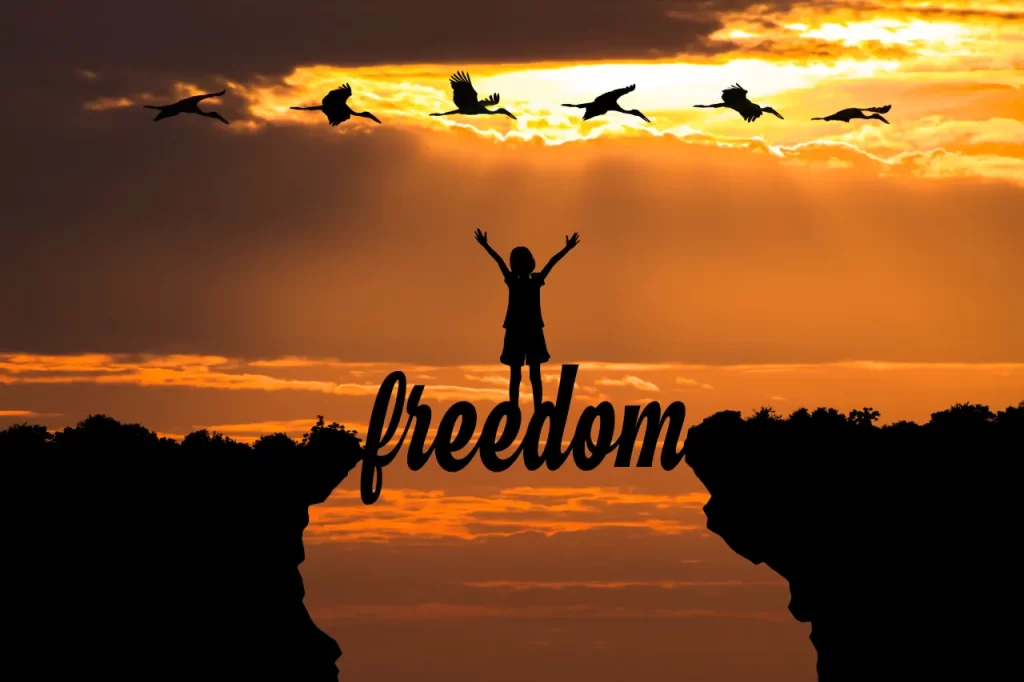We often hear that holding a grudge is like drinking poison and expecting the other person to suffer. Yet, despite this knowledge, many of us cling to old wounds and past hurts, letting resentment weigh us down. Grudges are heavy, both emotionally and spiritually, and they can cloud our hearts, steal our peace, and prevent us from truly living freely. Letting go of grudges, however, offers us a profound freedom—one that can transform our lives in ways we may not even realize.
When we hold onto grudges, we become prisoners of the past. Every time we replay the offense or injustice in our minds, we relive the pain. This cycle of bitterness can block us from experiencing joy, contentment, and even the fullness of our relationships. Grudges create emotional walls that prevent us from healing and moving forward. But the moment we decide to release those feelings, we open ourselves to a new sense of liberation.
Joseph’s story in the Bible provides a perfect illustration of how letting go of grudges can transform a life. After being betrayed by his brothers, sold into slavery, and falsely imprisoned, Joseph had every reason to hold onto anger and bitterness. Yet, when the time came for him to confront his brothers, he chose forgiveness over revenge. By letting go of the grudge he could have carried for years, Joseph freed not only himself but also his family. His choice to forgive allowed him to move forward with a clear heart and to see how all the trials he had endured had shaped him for a greater purpose.
This freedom isn’t just a spiritual concept; it has practical benefits in everyday life. Studies have shown that holding grudges negatively affects both our mental and physical health. People who harbor resentment are more likely to experience stress, anxiety, and depression. On the other hand, those who practice forgiveness experience lower blood pressure, better heart health, and improved emotional well-being. By letting go of grudges, we literally lighten our emotional load, allowing for a healthier and happier existence.
Letting go of a grudge doesn’t mean we forget or excuse what happened. It means we make a conscious decision to stop letting the past control our emotions and future. When we forgive, we reclaim our personal power and take control of our narrative. We decide that our lives will not be defined by what others did to us, but by how we choose to respond.
One of the most challenging aspects of letting go is the fear that by forgiving, we are giving the other person permission to hurt us again. But true forgiveness does not require us to ignore boundaries or allow toxic relationships to persist. Rather, it’s about releasing the hold that the past has on us. Forgiveness is an internal process, a gift we give ourselves to move beyond the pain.
Another key to embracing this freedom is recognizing that we all make mistakes and sometimes hurt others, even unintentionally. When we understand our own imperfections, it becomes easier to extend grace to those who have wronged us. Holding a grudge creates a false sense of righteousness, but when we release it, we open ourselves to empathy and compassion, which fosters personal growth and stronger, more meaningful connections.
Letting go of grudges is an act of self-liberation. It allows us to live fully in the present without the baggage of old wounds. Imagine the freedom of waking up each day without the weight of resentment on your shoulders, of interacting with others without the filter of past hurts, and of embracing life with a heart that is light and open. This is the gift of forgiveness—it frees us to live authentically, joyfully, and at peace with ourselves and others.
In the end, grudges only hold us back from the life we are meant to live. By letting them go, we create space for healing, love, and new possibilities. When we release the past, we are no longer trapped by it, and that is where true freedom begins. Just as Joseph found peace and purpose by letting go of the wrongs done to him, so can we. In embracing forgiveness, we discover that we are free to be fully, unapologetically ourselves—living in harmony with our values, our dreams, and the people we care about most.



